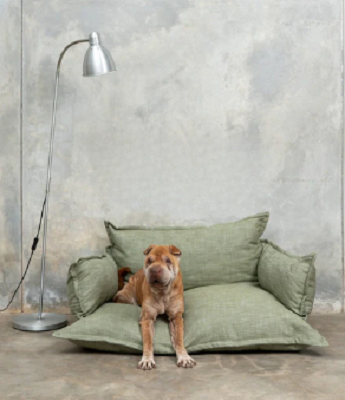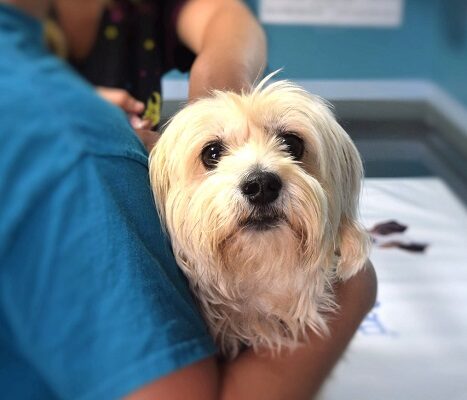 Two years ago I built a custom Catio outdoor cat enclosure for Romeo. I ordered a Catio kit online and then made custom changes to it as I built it. It’s a large cat enclosure that he loves to spend time in. I made a bridge leading out to the Catio from a small window in our Florida Sunroom. It’s easy for him to access throughout the day. I purchased a Catio Kit from Amazon.
Two years ago I built a custom Catio outdoor cat enclosure for Romeo. I ordered a Catio kit online and then made custom changes to it as I built it. It’s a large cat enclosure that he loves to spend time in. I made a bridge leading out to the Catio from a small window in our Florida Sunroom. It’s easy for him to access throughout the day. I purchased a Catio Kit from Amazon.
* Post contains affiliate links.
To keep them looking nice and safe for your furry friend you need to keep them cleaned and provide maintenance on them often. You just don’t build one and not think about it again. You want to keep the germs down and injuries at a minimum.
Bottom flooring in Romeo’s Catio is made out of “treated wood” that is meant for outdoor use. I then covered that wood floor with a green indoor and outdoor green patio fake grass carpeting. It will hold up well to the outdoor elements we get in the northeast United States. That includes rain, snow, ice, etc.
Every 2-3 weeks you should inspect the cat enclosure. Look for lose boards, screws that are working lose, mesh or metal fencing that is starting to gape, make sure the door latch and hinges are tight, etc. You want to make repairs immediately…don’t put them off. You don’t want your furry friend escaping or getting hurt.

It’s also a good time to haul out my indoor/outdoor wet/dry vac and give it a good cleaning. Vac or sweep out any debris (sticks, twigs, leaves, grass clippings, etc.) that may have gotten into it. It’s also better for your kitty to keep the shedded hair down to a minimum, so vac that out too!
We follow-up with a good disinfectant spray like Lysol. We spray everything down with it! If you have disinfectant wipes…wipe down the door latches, hinges, perches, play toys, etc. After disinfecting the Catio we don’t let Romeo back out into it for at least 8 hours. We don’t want him in there with wet disinfectant and fumes. Let it air out for several hours. If you keep food and water dishes in there (You should) it’s a good time to give those a washing too!
You need to “treat” the wood panels and boards 2-3 times a year with a clear sealant to protect them from the weather and outdoor elements. If you skip this…over time they will warp, split and rot. Cat enclosures are an investment and you want to keep them looking nice for years to come. You can use a Clear Spray Outdoor Sealant for Wood or one that you rub-on. I like to use a spray-on version. I purchase and use 2 cans of it about 3 times a year. Again, let it “air out” before letting the kitty go back in.
Follow these cleaning and maintenance Catio Cat Enclosure Tips to keep it safe and looking nice for your furry best friend.
* This post contains affiliate links. If you make a purchase, we may or may not receive a small commission which helps to support this site. Thank you!











